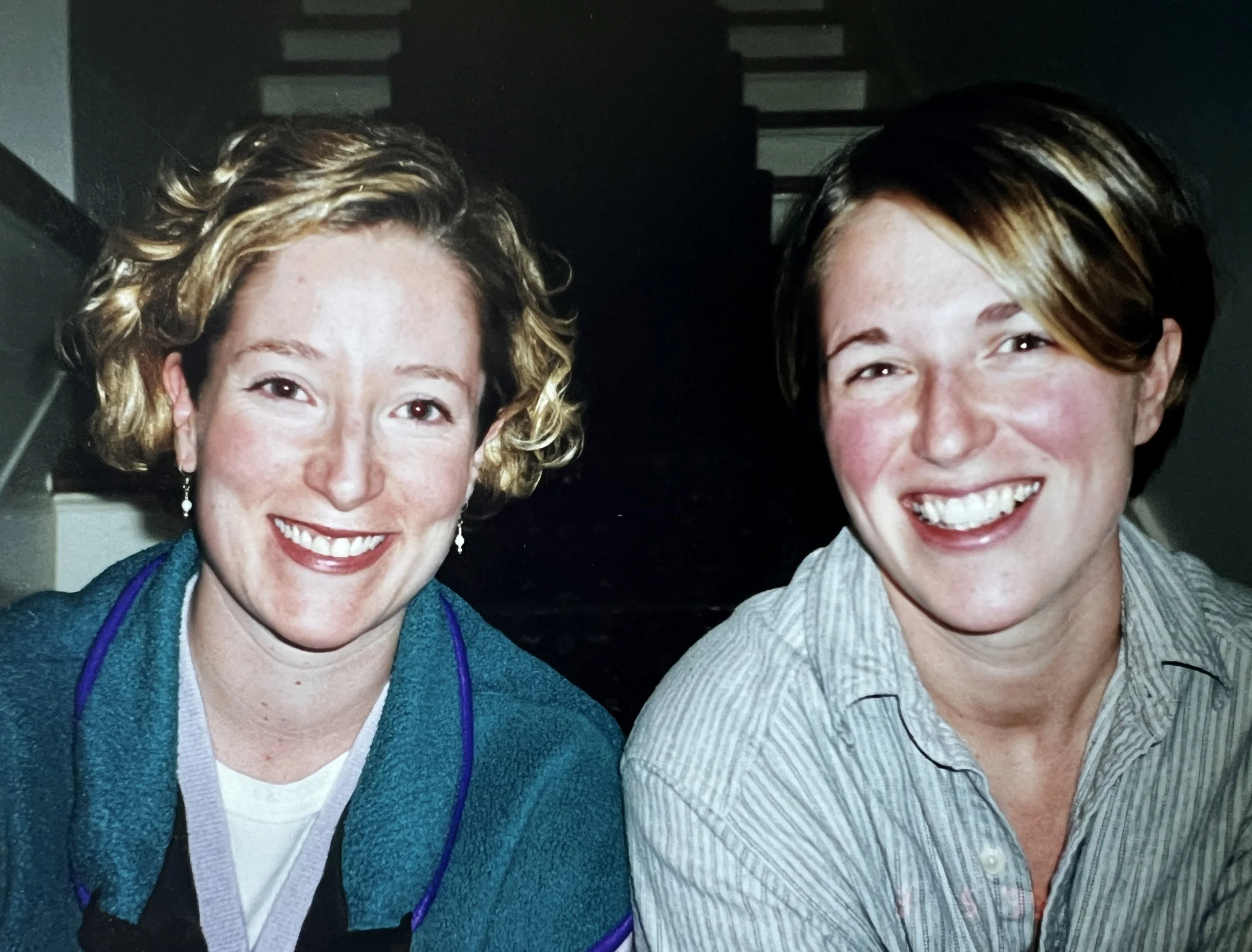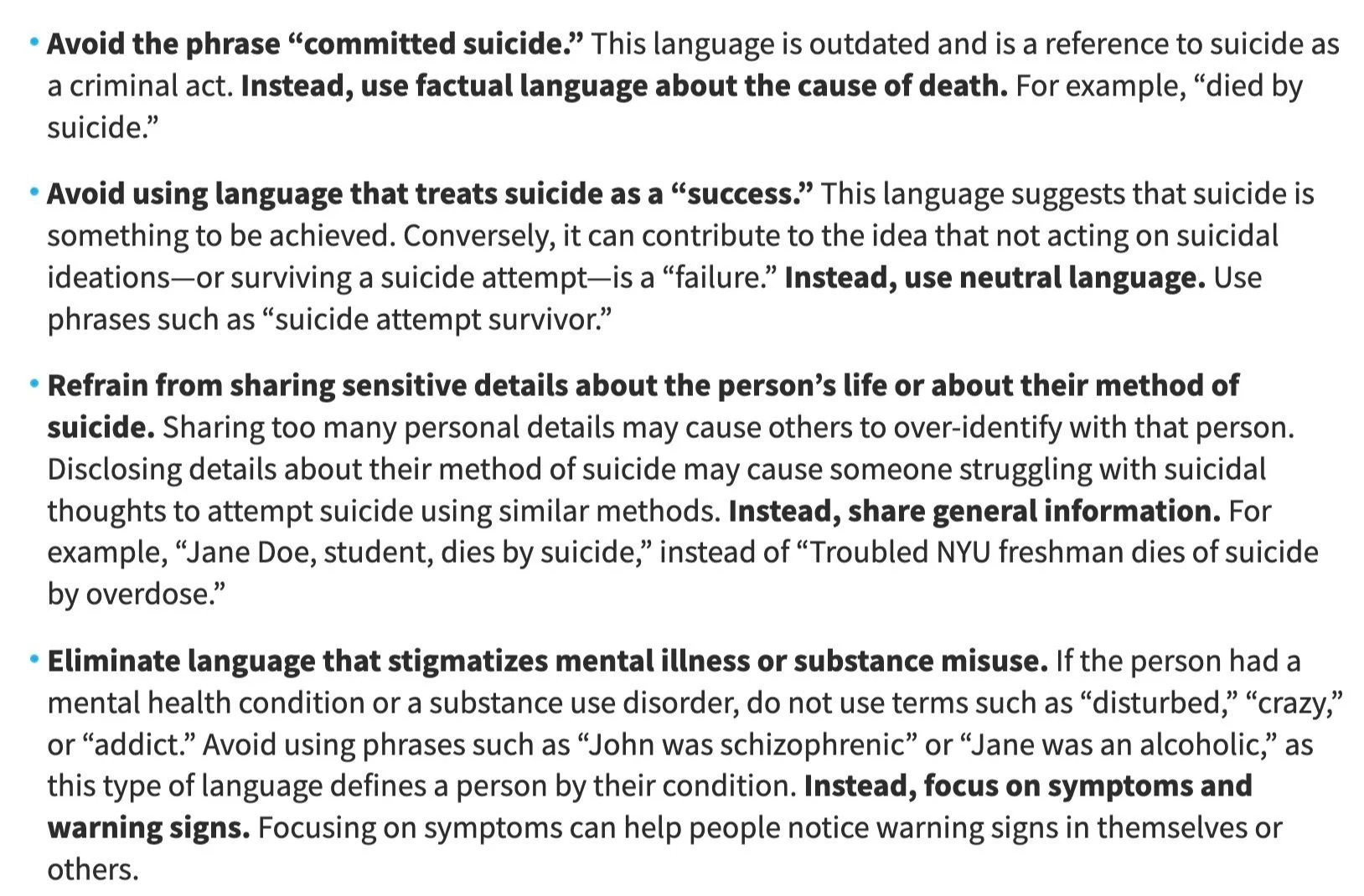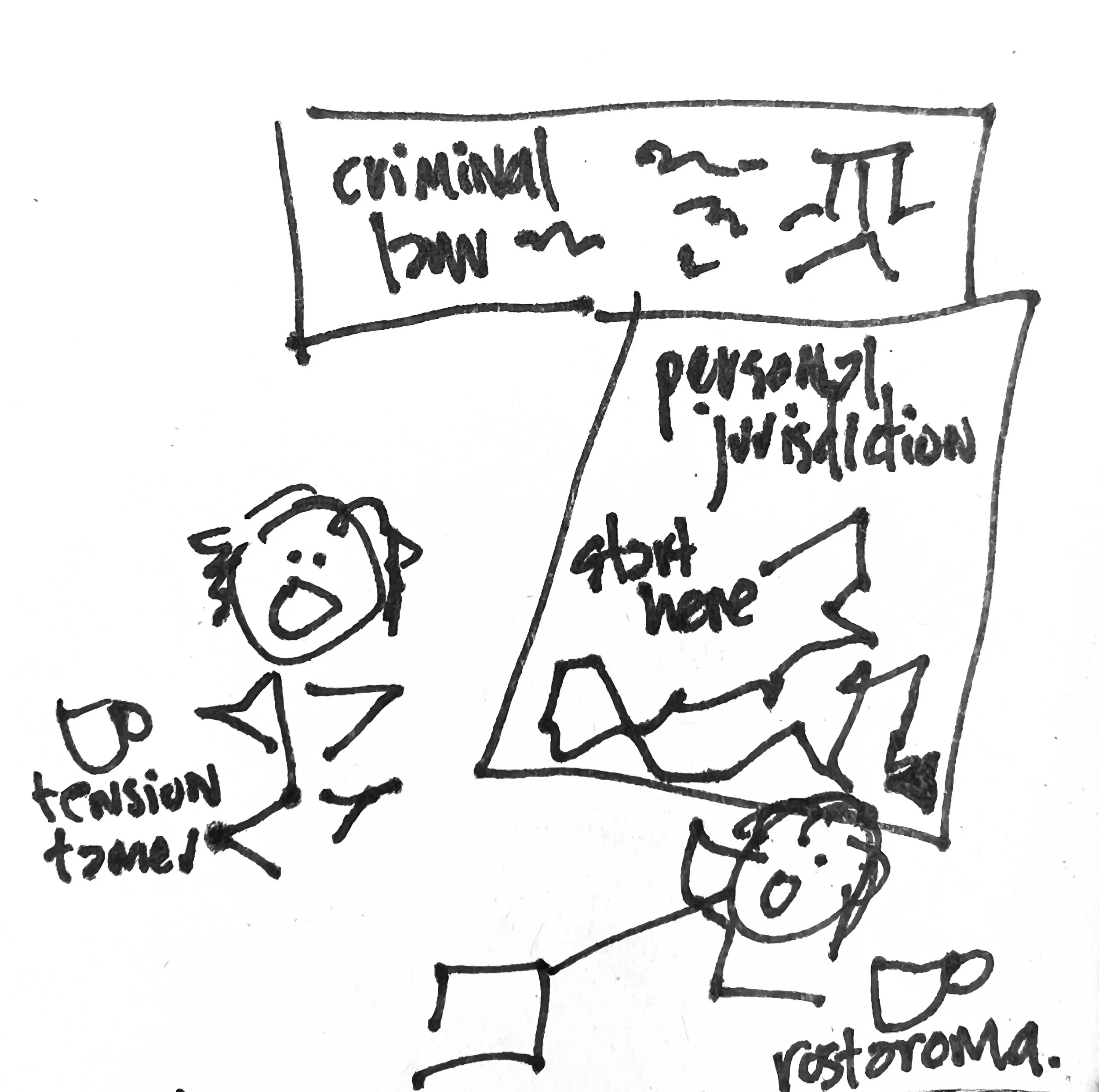This is Just to Say (TW: Suicide)
I lost this beautiful person to depression and suicide when we were in our twenties, and while I have thought about her nearly every day since then, I have been hesitant to write about her. I did once, on a day when I was really missing her, but someone got upset with me in the comment section. They told me that while my intentions were good, I got the words wrong and my feelings of loss were not helpful in a social media post about suicide.
Yes. I know. Someone is always upset in the comments section, and I usually stay out of the fray, but I was so ashamed. I write things in order to help people. That’s what I do. The last thing I wanted to create when I wrote about my friend, this divine light of a human being I loved so deeply, was turn her memory into someone else’s pain.
Here’s the thing about shame: it silences, and in my experience, it pre-empts the very conversations we must have in order to stay safe, healthy, and sane. I wrote about this in The Addiction Inoculation in the context of substance use disorder. I
I’m done with shame, especially when it comes mental health.
As soon as I kicked that baggage to the curb, I got educated. Words are how I move through and connect with the world. Not for nothing, but she would be so proud of the words I’ve written and the places they have taken me. They are both my livelihood and my lifeline, and I take them seriously.
The first person I encountered in my search for the right words was author and Lemonada Media co-founder Stephanie Wittels Wachs. She wrote a beautiful book called Everything is Horrible and Wonderful: A Tragicomic Memoir of Genius, Heroin, Love, and Loss about the loss of her brother Harris.
Highly recommend, ten out of ten, all the stars.
Her podcast, Last Day, (“…a show about the moments that change us fundamentally and forever”) was a revelation to me because in her first season, “Addiction,” she made it clear that she cared so much about getting the words right that she invited experts to fact- and language- check her content. Look, I’m not a big fan of policing language, but when it comes to topics like substance use disorder and suicide, it matters.
The words we use to describe mental health conditions and the people who live with them matter because we are not the sum of our diagnoses.
For example, I’m not just an alcoholic, I’m a human being with alcohol use disorder.
Similarly, my friend, a brilliant beautiful woman, was so much more than the circumstances of her death. She should not be defined by the cyclic depression that eroded her soul or the act she resorted to when she could no longer envision a way forward.
We were brought together by alphabetical law school seating charts and we talked about everything from the ideal way to use a planner to the hideousness of fingernail fungus and that diabolical final essay question about choice of law on our civil procedure exam - but I never, not once, asked her about suicide, even as I watched her depression take her away from us. She spent many evenings on my couch watching the X Files and reading Anne Lamott’s Salon posts out loud to each other and as much as I desperately wanted reach her in that deepening abyss, I simply did not have the words for that conversation.
It’s taken me a very long time to forgive myself for that silence, but now that I have learned the right words and have the opportunity to share them, I can move forward knowing better and doing better.
So with that, let’s learn the right words.
First up, when writing about suicide, there’s a style guide for that. Here’s a handy guide from the JED Foundation for media outlets on how to report on suicide and a downloadable PDF from reportingonsuicide.org to help writers use language that incorporates the most up to date research on mental health and suicide prevention.
There’s a lot of great stuff there, but in short the JED Foundation recommends:
When it comes to talking to someone we are concerned about, there are ways to show concern and support without making things worse, which is what I was so afraid of. Here’s the article (and the words) I was desperate for on all those X Files nights, a beautiful piece by my friend and colleague Dr. Katie Hurley for the JED Foundation, How to Ask Someone If They are Thinking About Suicide.
If you yourself are struggling with thoughts of suicide, tell someone. If you can’t find the words or figure out who to tell, here is another article by Dr. Katie Hurley that can help: How to Tell Someone You Are Thinking About Suicide.
If your need is urgent, there are people you can talk to immediately:
I’m sure someone will feel I’ve gotten something wrong or have rubbed a reader the wrong way with this discussion. Maybe my feelings of loss or shame belong somewhere other than a discussion of language. Maybe I’ve triggered sadness in someone, and for that, I am sorry. However, if we come to this discussion in good faith, with the best of intentions paired with evidence-based language, the conversation can continue, and that’s what matters most.





